The average garden is home to approximately 20,000 slugs, although only about 5% of these are above ground at any one time. While these “decomposers” do a great job of tidying up waste and debris in our gardens, unfortunately they also munch their way through the healthy young plants, crops and flowers that we’d like to keep. If you want to deter slugs and snails, here’s a list of plants that these slimy pests leave alone.
In the meantime, take a look at our full range of pest control methods including organic options.
Natural methods for dealing with slugs and snails
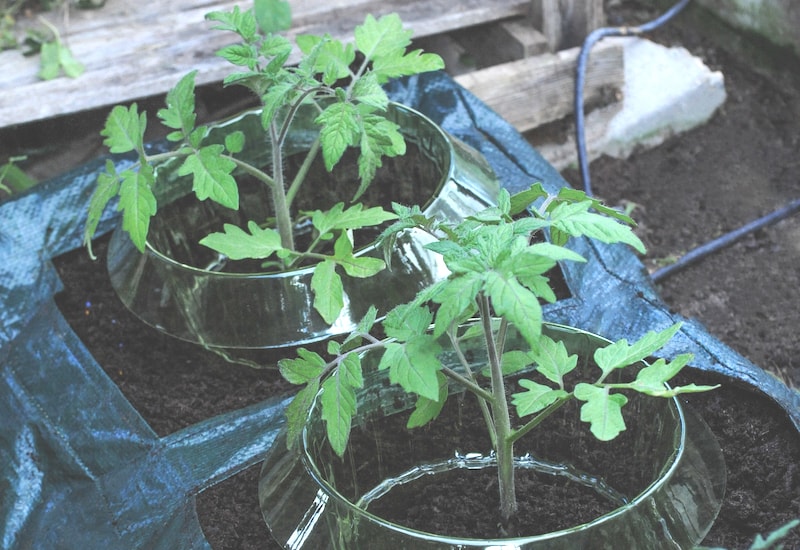
Image: Slug/snail collar from Suttons/©Thompson & Morgan
If you garden organically or want to look after wildlife, you probably prefer not to use poisonous slug pellets around your plants. However there are many alternative options, only some of which require the use of a head torch!
- Check your plants when night falls and remove all the slugs you find by hand. Despatching them quickly in a bucket of boiling water is apparently the fastest and kindest method.
- Encourage more birds into your garden to keep the numbers down. Thrushes, starlings and blackbirds particularly like eating slugs, and chickens and ducks enjoy them too.
- Encourage other wildlife into your garden. Foxes, badgers, hedgehogs, shrews, slow worms, beetles, toads and frogs all eat slugs.
- Use slug deterrants like copper bands around pots, or create physical barriers of sharp grit or holly leaves around tender plants. You can also try our wool slug pellets that improve soil quality when they biodegrade.
- Sink beer traps in the soil.
- Spray natural deterrants like Grazers G2 Slug Repellant on your flowers, fruit and veg plants to make them less appealing to pests. The slugs aren’t killed, and wildlife that feeds on them isn’t harmed.
Which are the best slug-proof plants?
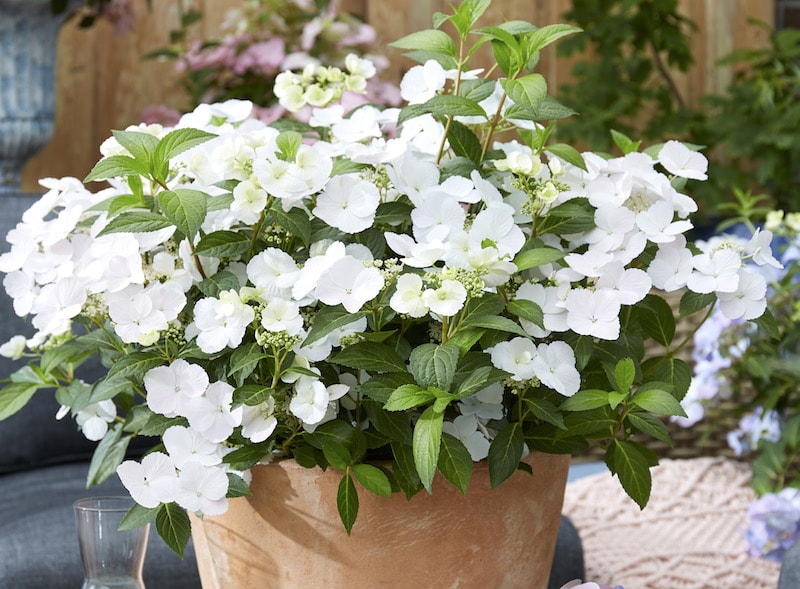
Image: Hydrangea ‘Runaway Bride’ from Suttons
If you prefer not to do battle with slugs and snails, concentrate on growing more of the plants and flowers that they don’t like to eat. As a rule of thumb, slugs prefer plants that are lush and succulent. They’re not so keen on anything with tough, hairy and/or aromatic leaves. Luckily, this includes evergreen shrubs, most herbs and also the following:
- Alchemilla mollis
- Alstroemerias
- Antirrhinums
- Aquilegias
- Astilbes
- Astrantias
- Begonias
- Bergenias
- Camellias
- Chicory
- Crocosmias
- Digitalis (Foxglove)
- Euphorbias
- Ferns
- Fuchsias
- Grasses
- Hardy geraniums
- Hebes
- Hellebores
- Holly
- Hydrangeas
- Japanese anemones
- Lavenders
- Parsley
- Pelargoniums
- Penstemons
- Pulmonaria
- Rhododendrons
- Rosemary
- Roses
- Sage
- Sedums
- Stachys
This list is not exhaustive, and there are many other plants that slugs aren’t quite so keen to eat. Once these slug-proof plants have established, you can also try adding some of your other favourites and hope that the slugs don’t notice! Looking for more information and advice? Visit our growing guides for helpful tips on growing plants, flowers, fruit and veg.
Lead image: Shutterstock
Last Updated on October 27, 2025 by Suttons Horticultural Team

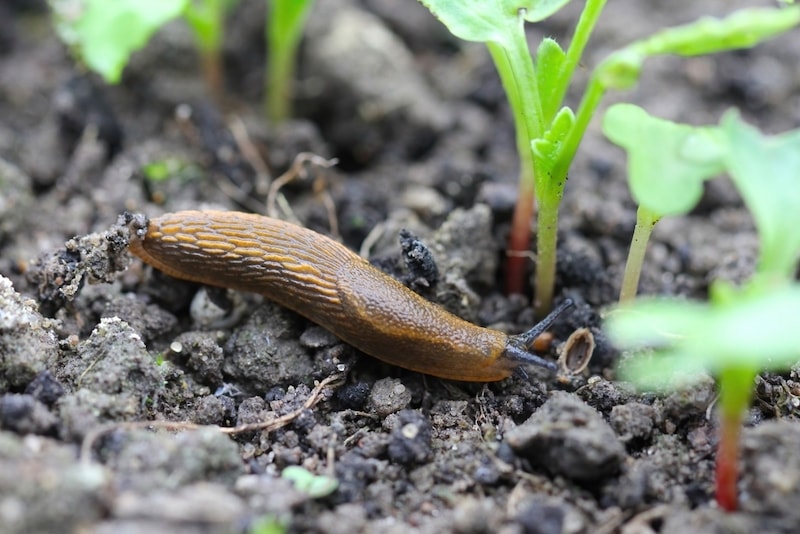

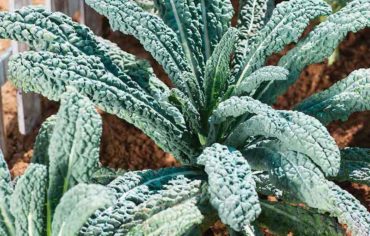
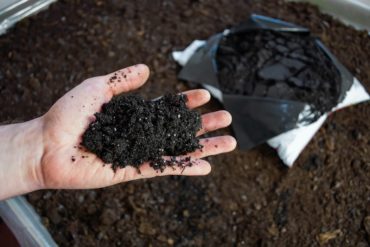

Hello I’m looking for something to plant and grow high between myself and neighbour but my garden is hugely packed out with slugs every night about 8 pm they come down wall and cover my whole garden and patio doors , literally can’t step out patio door at night, I’ve tried laurel and they destroyed it and every plant including fuschias now I need a hedging that they won’t eat could you advise what to buy, I have a very wet garden I live in a very wet part of the Highlands countryside if that helps
It seems cruel to me to put slugs in boiling water; surely they could be removed to waste ground or grassy areas/common land. We have to share the land with creatures who were here before we started cultivating it; we don’t have the right to eradicate everything that we find a nuisance!